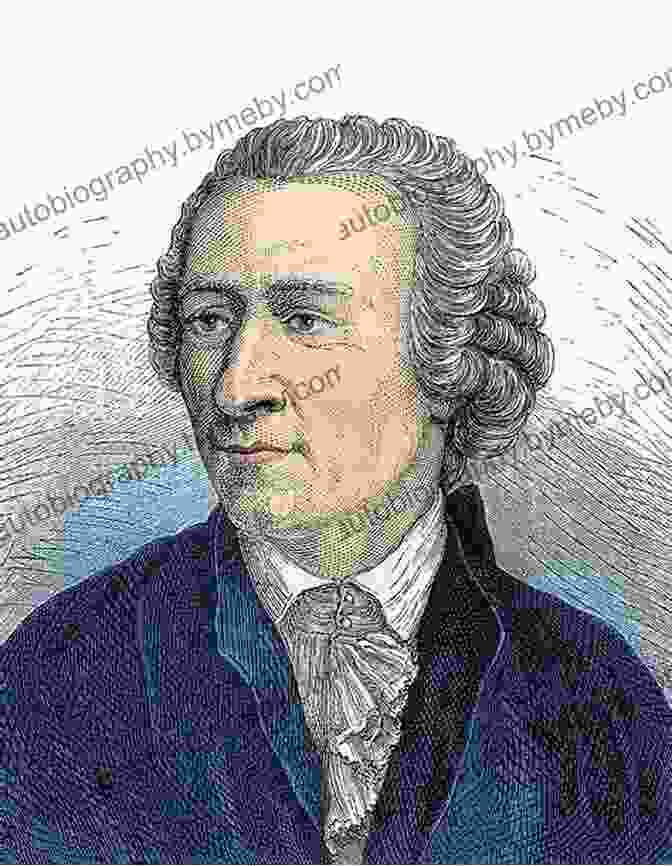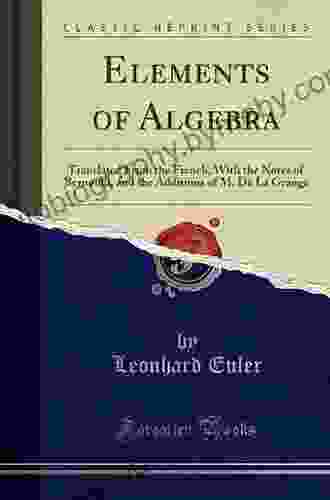In the vast landscape of mathematical literature, there are certain works that have left an indelible mark on the development of the discipline. One such masterpiece is Leonhard Euler's Elements of Algebra, a comprehensive treatise that has captivated mathematicians for centuries.

Euler's Mathematical Legacy
Leonhard Euler, a Swiss mathematician who lived from 1707 to 1783, was a true polymath whose contributions spanned a wide range of fields, including number theory, analysis, geometry, and mechanics. His work in algebra was particularly groundbreaking, and Elements of Algebra remains a testament to his genius.
First published in 1770, Elements of Algebra was a comprehensive textbook that covered the fundamental concepts of algebra, as well as more advanced topics such as number theory and the theory of equations. Euler's approach was both rigorous and accessible, making the book suitable for both beginners and seasoned mathematicians.
Structure and Content of Elements of Algebra
Elements of Algebra is divided into two parts. The first part, entitled "The Elements of Arithmetic," covers the basics of arithmetic, including the operations of addition, subtraction, multiplication, and division, as well as the properties of numbers.
The second part, entitled "The Elements of Algebra Proper," delves into more advanced topics, such as the theory of equations, the binomial theorem, and the calculus of differences. Euler also included a section on the applications of algebra to geometry and trigonometry.
Impact on Mathematics
Elements of Algebra had a profound impact on the development of mathematics. It provided a systematic and comprehensive treatment of algebra, making it more accessible to a wider range of students and scholars.
Euler's work also introduced new concepts and theorems to the field, such as the Euler-Fermat theorem and the Gaussian elimination method. These discoveries have had a lasting impact on mathematics and continue to be used by mathematicians today.
Legacy and Influence
Leonhard Euler's Elements of Algebra remains one of the most important works in the history of mathematics. It has been translated into numerous languages and has served as a source of inspiration and knowledge for generations of mathematicians.
Today, Elements of Algebra continues to be studied and appreciated by mathematicians, historians, and anyone interested in the development of mathematical thought. It is a testament to Euler's brilliance and the enduring power of mathematical knowledge.
Leonhard Euler's Elements of Algebra is a masterpiece of mathematical literature. It provides a comprehensive exploration of algebraic principles and their applications, making it a valuable resource for both students and scholars.
Whether you are a seasoned mathematician or a curious beginner, I encourage you to delve into the pages of Elements of Algebra. Discover the genius of Euler and the enduring legacy of his contributions to mathematics.
























































































